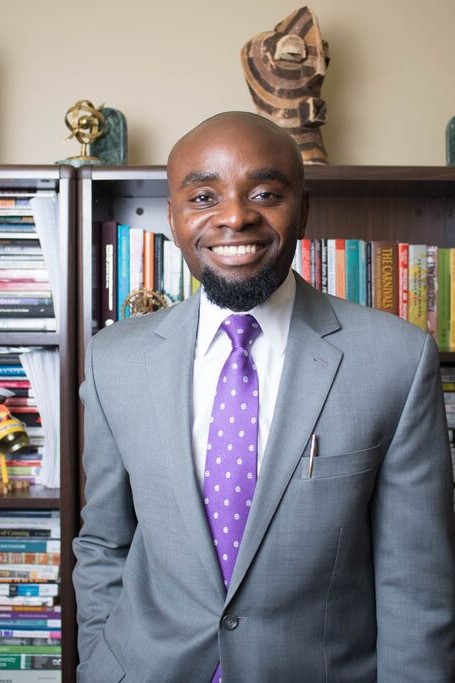Hakim Mohandas Amani Williams

Dr. Hakim Mohandas Amani Williams is a Professor of Peace and Justice Studies and Associate Professor of Africana Studies at Gettysburg College. On his Fulbright, he studied Black youth-based work in Ghana, Brazil, Jamaica, and the United States. Using case studies from the four regions heavily impacted by the transatlantic slave trade--Africa (Ghana), South America (Brazil), the Caribbean (Jamaica), and North America (United States)--this study asked how Black youth in Africa and the African diaspora conceptualize globalized anti-blackness, whether and how non-formal education engenders and amplifies Black pride, and whether and how this pride is mobilized toward political action and transnational solidarity among Black youth.
He is working on a ten-minute mini documentary and a book related to this project. With two former undergraduate students, he has co-edited a book called Disrupting Hierarchy in Education: Students and Teachers Collaborating for Social Change (2024) by Teachers College Press. While in Ghana, he designed and conducted a USAID-funded project on restorative circles in Northern Ghana. Since returning to his home campus, he has been spreading awareness of Fulbright among students and faculty colleagues, and letting more people know about the Fulbright Global Scholar Award.
Ask Me About:
- Maintaining ties with collaborators
- Nourishing reciprocity in-country and beyond
- Navigating the intersections of race, class, and sexual orientation
- Engaging in discussions of U.S. and global politics
- Navigating being a vegetarian while abroad
- Having to unexpectedly find a new research site
- Resources for short term housing
- Relating to other Fulbrighters as 'family' and community
- Sustaining mental health
- Navigating transportation needs
